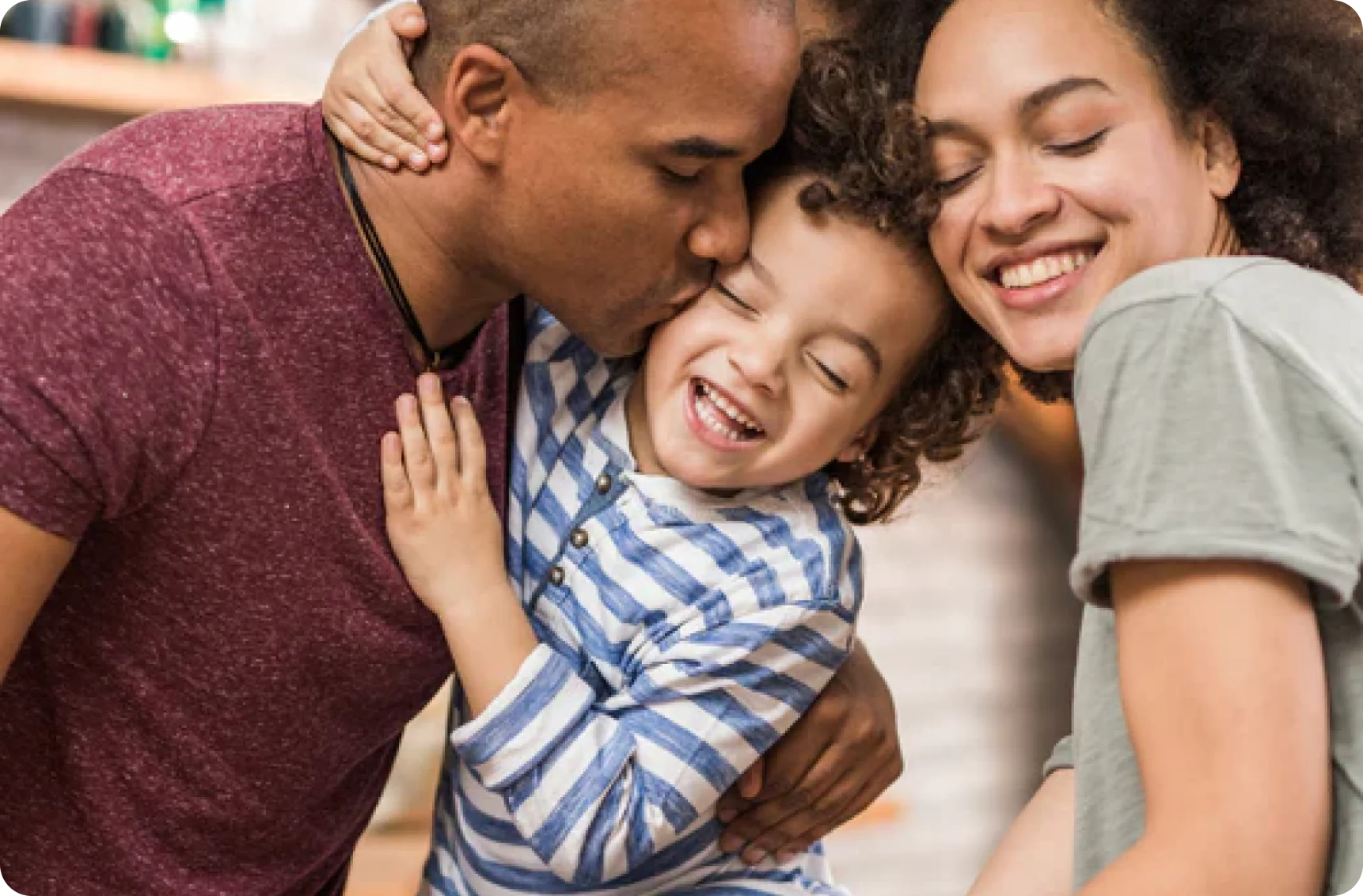What is social awareness?
With self-awareness (stage 1) can then come social awareness. Social awareness is being conscious of the emotions of others, or the overall emotional state of whatever social environment they are in. Being able to be conscious of themselves, as well as understanding how to identify different emotions through self-management (stage 2), can allow them to identify the same traits in others and extend their awareness to their full surroundings.
However, social awareness from your child goes beyond them being able to see themselves and identify their own emotional experiences in others. In order for social awareness skills to be fully adopted, we need to be able to identify emotions in others that we ourselves may not have personally experienced. This level of social awareness improves your child’s ability to empathize with others and understand that there are different perspectives and diverse experiences in life.
Why is social awareness important to teach my child?
Empathy and an open-mind are key to being able to connect with people and when you do, building and maintaining healthy, positive relationships. Understanding people’s differences and accepting that not everyone may think like you or agree with you is foundational to knowing how to treat others with respect. It’s necessary for maintaining peace and harmony within environments.
When it comes to equity and diversity in particular, greater social awareness will help your child understand the perspective of and empathize with other individuals, particularly surrounding characteristics like gender, race, religion, age, culture, class and financial circumstances.
Teaching Social Awareness
The key to teaching social awareness is understanding how to relate to others. Positive interactions are based on values that equally represent how we ourselves want to be treated. That would be with respect, kindness, empathy, care, and so on! That is why we oh-so love the golden rule to, “treat others the way you would like to be treated.”
Establishing the importance of these core values will allow them to use their social awareness to respond positively in social interactions. Like we’ve established in the previous stages, one thing is to be aware of how you think and feel, but another is to take action and self-manage. We can’t always control a situation when self-managing, but we can control how we respond. The same goes for social awareness. When your child has the ability to use those same skills to identify the emotional state of their environment, they may not be able to fully control the situation, but they can use their core values in treating others well, in order to help create a more positive environment.
Want to get a grip on your child's meltdowns?


